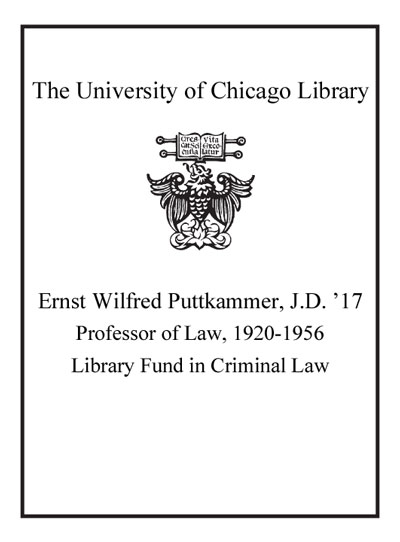The United States and the international criminal court : national security and international law /
Saved in:
| Imprint: | Lanham : American Academy of Arts and Science : Rowman & Littlefield Publishers, c2000. |
|---|---|
| Description: | xvi, 266 p. ; 24 cm. |
| Language: | English |
| Subject: | |
| Format: | Print Book |
| URL for this record: | http://pi.lib.uchicago.edu/1001/cat/bib/4300506 |
| Summary: | American reluctance to join the International Criminal Court illuminates important trends in international security and a central dilemma facing U.S. Foreign policy in the 21st century. The ICC will prosecute individuals who commit egregious international human rights violations such as genocide. The Court is a logical culmination of the global trends toward expanding human rights and creating international institutions. The U.S., which fostered these trends because they served American national interests, initially championed the creation of an ICC. The Court fundamentally represents the triumph of American values in the international arena. Yet the United States now opposes the ICC for fear of constraints upon America's ability to use force to protect its national interests. The principal national security and constitutional objections to the Court, which the volume explores in detail, inflate the potential risks inherent in joining the ICC. More fundamentally, they reflect a belief in American exceptionalism that is unsustainable in today's world. Court opponents also underestimate the growing salience of international norms and institutions in addressing emerging threats to U.S. national interests. The misguided assessments that buttress opposition to the ICC threaten to undermine American leadership and security in the 21st century more gravely than could any international institution. |
|---|---|
| Physical Description: | xvi, 266 p. ; 24 cm. |
| Bibliography: | Includes bibliographical references and index. |
| ISBN: | 0742501345 0742501353 |

